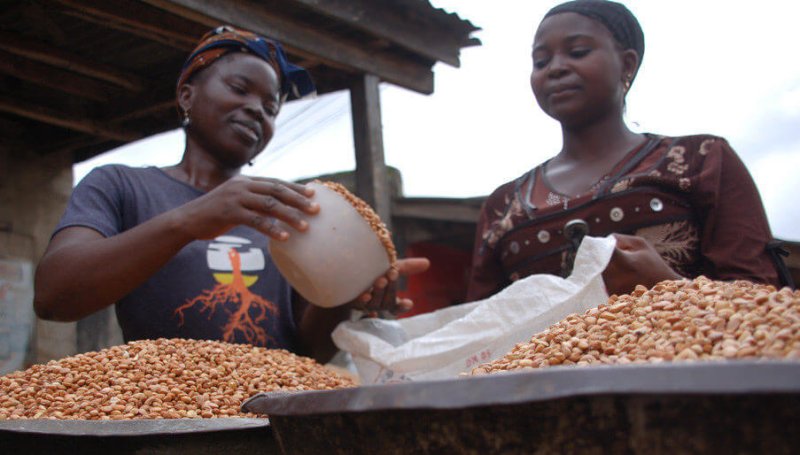Sub-Saharan African farmers will soon have access to improved cowpea varieties that will lead to increases in yield.
This follows the development of Maruca Resistant Cowpeas by a public-private partnership project…
…
These varieties are expected to reduce grain yield losses caused by the pod borer, Maruca vitrata, as well as reduce the need for insecticidal sprays.
…
Considered the most important food grain legume in the dry savannas of tropical Africa where it is grown on more than 12.5 million hectares [almost 31 million acres], Cowpea is said to be rich in quality protein and its energy content almost equal to that of cereal grains.
The legume is a good source of quality fodder for livestock and provides cash income. Nearly 200 million people in Africa presently consume the crop.
…
In severe [pod borer] infestations, yield losses of between 70-80 percent have been reported. Control through spraying with insecticide has not been widely adopted by farmers due to its prohibitive costs.
…
The project entails transferring the Bt gene, which confers resistance to the pod, into improved cowpea varieties.
The project is being implemented in four countries in Sub-Saharan Africa – Nigeria, Burkina Faso, Ghana, and Malawi.
The GLP aggregated and excerpted this blog/article to reflect the diversity of news, opinion, and analysis. Read full, original post: Scientists target 8m African farmers with Pod-borer resistant cowpea































